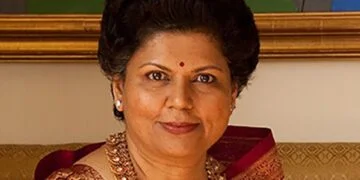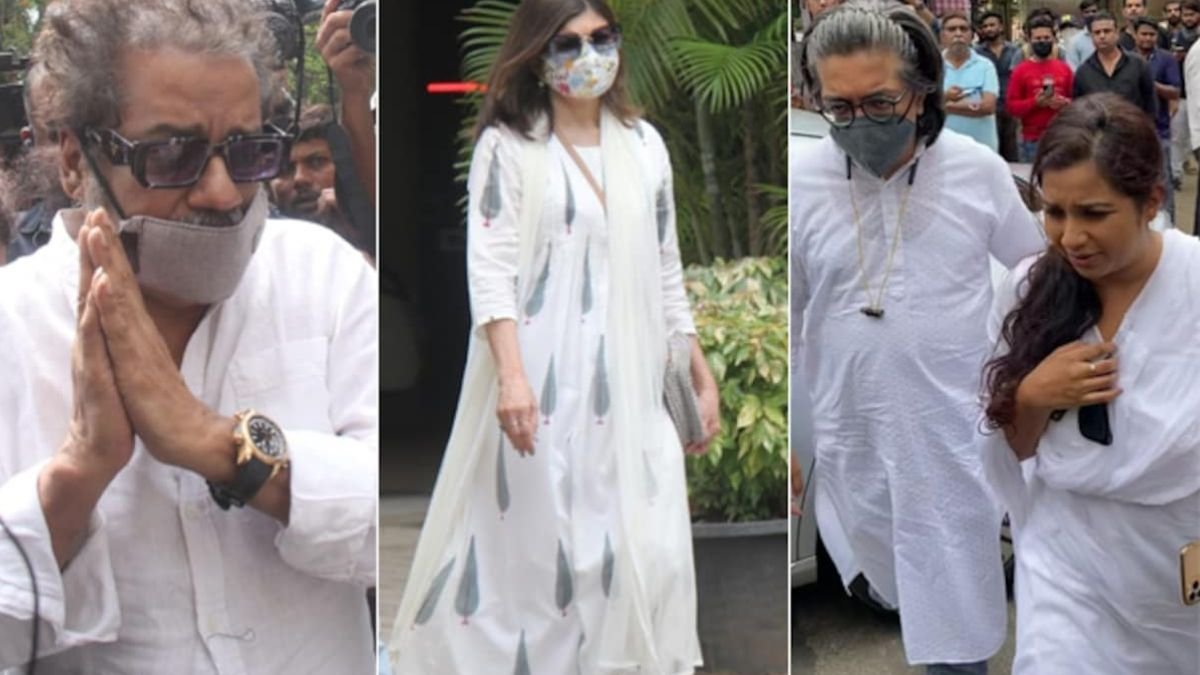The states submitted their reply to a letter issued by the Centre on April 18 inviting comments from all states regarding the issues raised in the same-sex marriage case before the Supreme Court. Each state gave their reasons for opposing same-sex marriage, which are as follows:
Andhra Pradesh: Opposes the idea of same-sex marriages being granted legal recognition and consulted the heads of various religions in the state, who also opposed the concept of same-sex marriage.
Assam: Opposes the recognition of marriage of same-sex couples and members of the LGBTQIA+ community as it challenges the validity of marriage laws and personal laws enforced in the state. The state government believes the issue calls for a broader discussion on the various aspects of the institution of marriage as a social phenomenon.
Rajasthan: Opposes legalisation of same-sex marriage citing that same-sex marriages will create an imbalance in the social fabric, leading to far-reaching consequences for the social and family system. All the District Collectors in the state came to the view that there should not be a provision regarding same-sex marriages as it is not prevalent and is against public opinion, the State said.
Possible continuation:

The issue of same-sex marriage has been a contentious topic in India, with a diversity of opinions and perspectives among the government, the judiciary, and the public. India’s laws on homosexuality have evolved over time, with the landmark ruling by the Supreme Court in 2018 that decriminalized consensual gay sex between adults. However, the legal recognition of same-sex marriage remains a matter of debate and advocacy.
Proponents of same-sex marriage argue that it is a matter of equality, dignity, and human rights, and that it would provide legal and social protections to same-sex couples and families. They also point to the positive examples of countries that have legalized same-sex marriage, such as Canada, South Africa, and the United States. In India, the LGBTQIA+ community and their allies have been pushing for the recognition of same-sex marriage, through legal petitions, public campaigns, and social media.
Opponents of same-sex marriage, on the other hand, argue that it goes against traditional, cultural, and religious values, and that it could harm the social fabric and family structure of the society. They also point to the lack of public consensus and the constitutional limits of the judiciary to intervene in matters of legislation. In India, some political and religious leaders have openly opposed same-sex marriage, while others have remained silent or non-committal.
The legal status of same-sex marriage in India is not clear, as there is no specific law that either allows or prohibits it. The Marriage Act, 1955, which governs the registration and solemnization of marriages, defines marriage as a “union of a man and a woman.” However, there are also provisions in the Constitution and the Universal Declaration of Human Rights that guarantee the right to equality, non-discrimination, and freedom of expression and association, which could be invoked in support of same-sex marriage.
The Supreme Court of India has not yet decided on the legality of same-sex marriage, but it has indicated in some of its rulings that the issue is a matter of fundamental rights and dignity, and that it needs to be examined in the context of changing social norms and values. In 2021, the Court directed the Centre to seek the views of all states and union territories on the issue of same-sex marriage, in response to a petition filed by a same-sex couple seeking recognition of their marriage under the Special Marriage Act.
The responses of the states on the issue of same-sex marriage are varied, reflecting the diversity of their socio-political and cultural contexts. While some states have expressed support or neutrality on the issue, others have opposed it on legal, religious, or social grounds. The final decision on the legal validity of same-sex marriage in India is likely to depend on the interpretation and application of the Constitution and the laws by the judiciary, as well as the public opinion and activism on the issue.
The Hindustan Herald Is Your Source For The Latest In Business, Entertainment, Lifestyle, Breaking News, And Other News. Please Follow Us On Facebook, Instagram, Twitter, And LinkedIn To Receive Instantaneous Updates. Also Don’t Forget To Subscribe Our Telegram Channel @hindustanherald









































